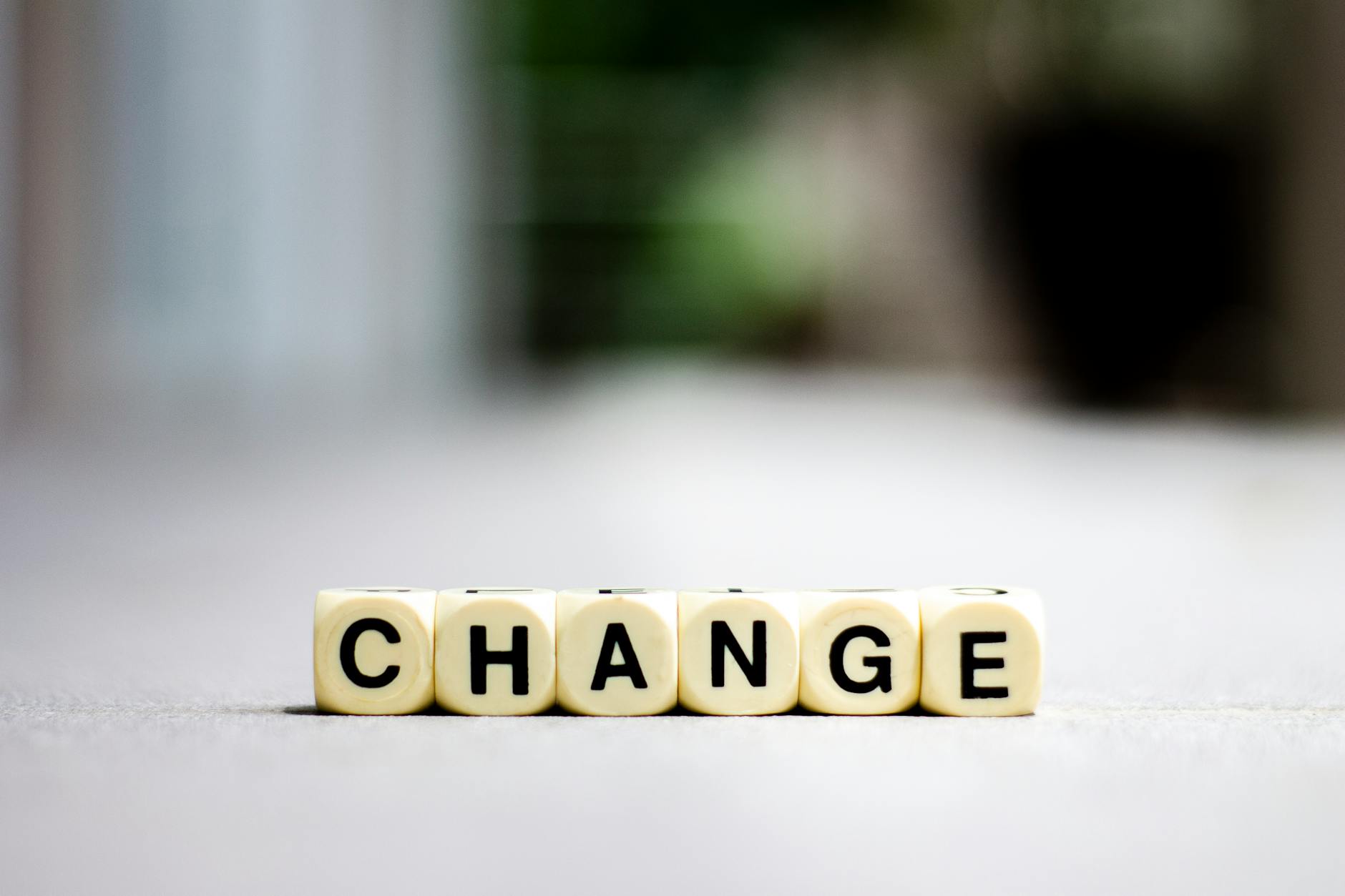Amplifying The Bad

I woke up this morning wondering if people amplify the bad in their lives out of habit or for some other reason. What I was noticing is that many people use really dramatic language to describe the annoyances, frustrations, and misfortunes that happen in a day, week, or month. Instead of saying “I didn’t like … [Read more…]

